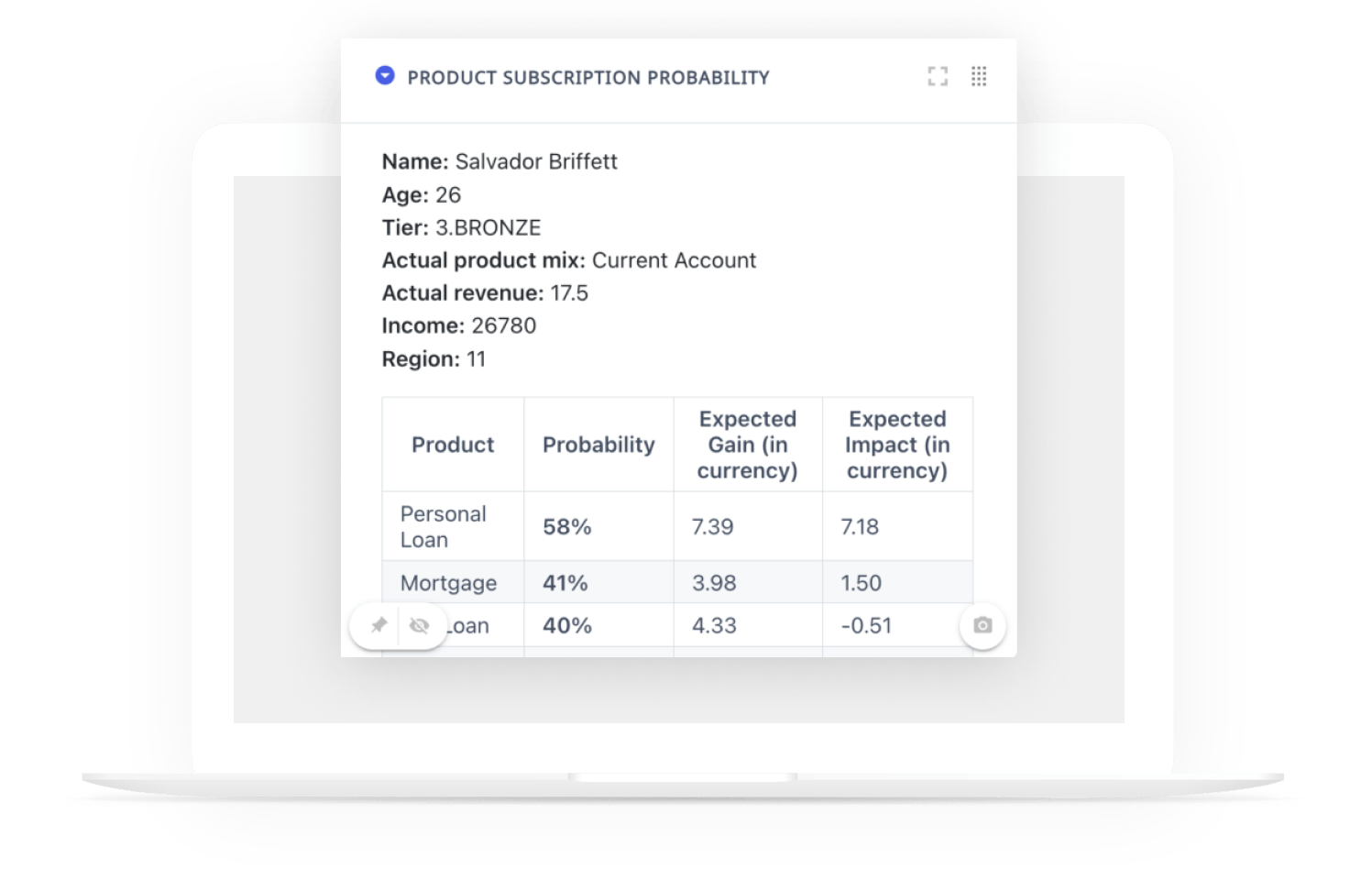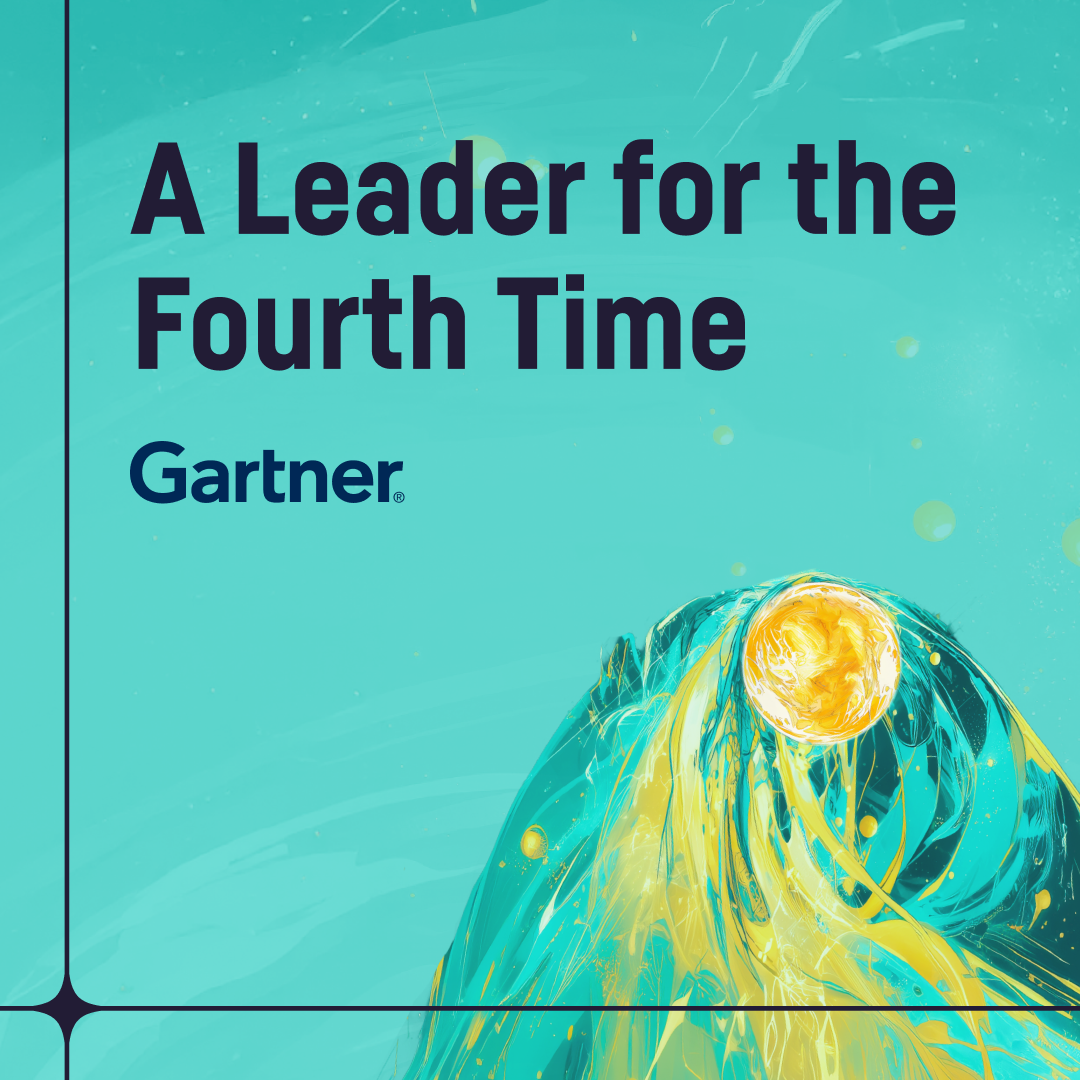Accelerate Value With Dataiku Cloud
Experience immediate value with Dataiku Cloud, our fully-managed SaaS platform. Dataiku Cloud eliminates infrastructure complexity while maintaining enterprise-grade security.
While Dataiku Cloud offers the fastest path to productivity with automatic updates and zero maintenance, we understand every enterprise has unique needs. That’s why we also support deployment on your preferred cloud provider, on-premises, or through custom installations to align with your organization’s specific requirements.
Explore Dataiku Cloud and Other Installations



















